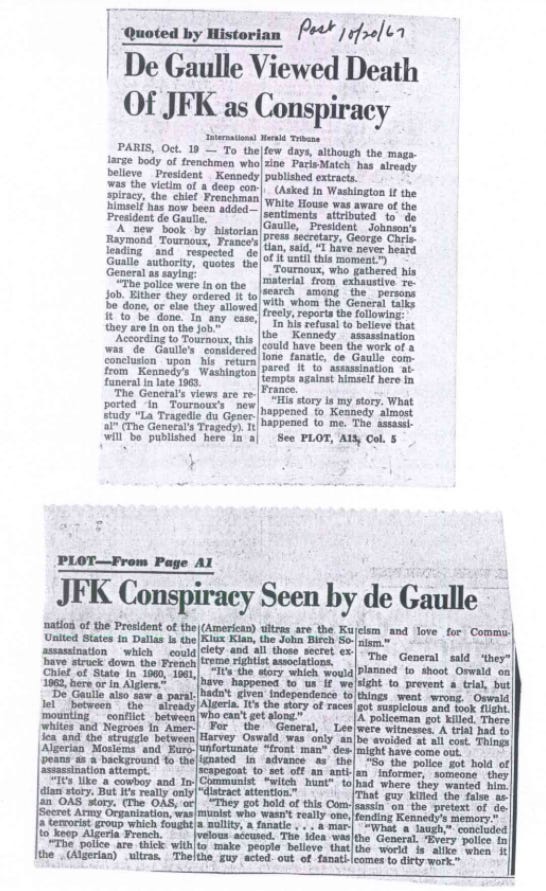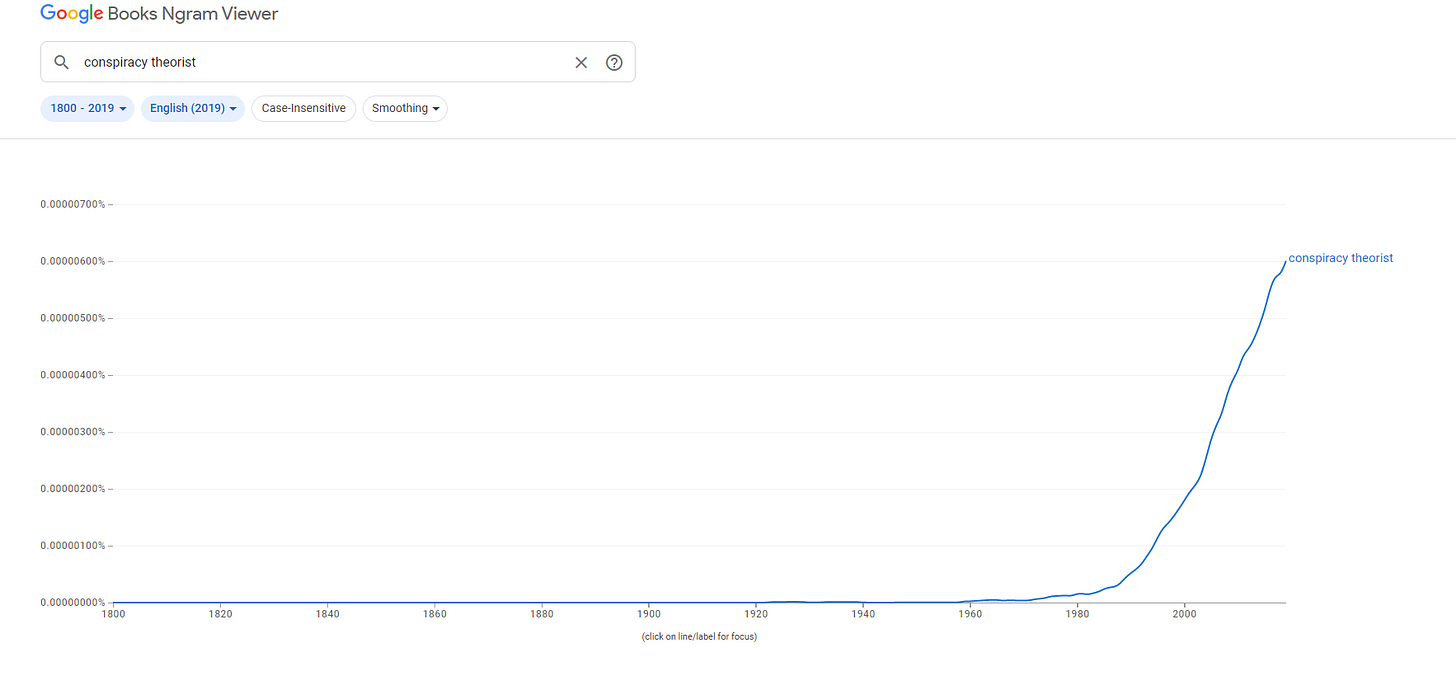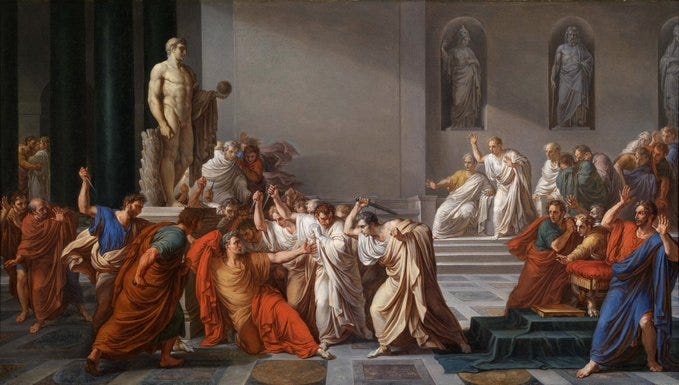“Without debate, without criticism, no Administration and no country can succeed--and no republic can survive.” - John Fitzgerald Kennedy April 27, 1961.
On November 22 1963, John Fitzgerald Kennedy was assassinated by Lee Harvey Oswald and within 48 hours Oswald was killed by a Dallas strip club owner named Jack Ruby. Ruby would later go on to die in prison with cancer, just before his second trial was supposed to take place. Almost 1 year after the assassination, the Warren Commission concluded that both Oswald and Ruby acted alone and that there was no conspiracy to kill the 35th US President.
As he awaited trial, Ruby was classified as a technically insane person by the psychologist Louis Jolyon West who was later discovered to have worked on the CIA’s MKULTRA Project. Another red flag is the appointment of former Director of Central Intelligence Allen Dulles to the Warren Commission.
Dulles was responsible for instigating the coup d'états in Iran and Guatemala and he was eventually fired by Kennedy after the failure of the Bay of Pigs Invasion that tried the same tactic on Fidel Castro.
Immediately after the Warren Commission Report came out dissenting voices began to doubt the commission’s JFK narrative and notably the books written by Mark Lane, Edward J Epstein and Peter Dale Scott. Then the trial of Clay Shaw brought forth by the prosecutor Jim Garrison made it clear that the official account “that Oswald acted alone” couldn’t possibly survive when put under scrutiny.
Scott was the author who brought the term "deep state" into the English lexicon. The term was originally used by the Turkish left to describe the arm of government that acts outside of the bounds of law. In this case Scott asked questions about US factionalism and Kennedy’s reluctance to escalate the Vietnam War.
Lane for his part wrote the bestselling book “Rush to Judgement” that showed the negligence that took place during the Commission’s Investigation. He argued that several witnesses were never questioned and that the magic bullet theory was absurd.
Lane would go on to to give talks at various US Universities. It’s thanks to skeptical voices like him and others that the public came to doubt the American Government’s official explanation of the assassination.
Today, up to sixty percent of the US public believes that the official story doesn’t add up with high profile “conspiracy theorists” being former US Congressman Ron Paul, Prof. Lance Dehaven Smith, Oliver Stone, Tucker Carlson and JFK’s brother Robert F. Kennedy (who was later assassinated when he ran for President).
Foreign leaders who doubted the official story include the then French President Charles de Gaulle who believed that the police were “in on the job”.
De Gaulle thought that Kennedy was killed by his own security forces, as he almost suffered a similar fate in 1961 when Algeria was gaining independence.
After Oliver Stone’s 1991 movie JFK - The Story That Won’t Go Away, the US congress passed the President John F. Kennedy Assassination Records Collection Act that obligated the CIA to release all the documents that it had on the assassination over a span of 25 years, with the final deadline being 2017. Today almost 97% of all the documents have been released but the CIA, in violation of the US Law, refuses to release the remaining 3000-4000 documents citing “National Security Concerns”.
The 1992 revelations made it clear that the CIA was monitoring Oswald’s movement and that they were aware of his links to the Soviet Union. The revelations show that high profile officials like Richard Helm effectively lied under oath about the CIA’s knowledge of Oswald prior to the assassination. Helm would later become CIA director and order the destruction of all documents relating to the mind control project MKULTRA.
To this day, the JFK assassination remains a high profile murder mystery that has sparked creative explanations ranging from Oswald’s Soviet links, Cuban Involvement, to the Kennedy’s family’s mafia ties. There is no objective way to chose between any of these theories. All that we can deduce from the JFK assassination is that the US government’s story is contradictory, full of holes and that the counter narratives are a sign of institutionalised propaganda.
Immediately after the assassination the CIA used its propaganda agents in the media to spread some of these narratives such as the story that tried to pin the blame on Fidel Castro. To try and squash the remaining public dissent, the CIA went further and sent a memorandum out to its media assets known as memo doc 1035/960. The dispatch was marked ‘psych’ – short for ‘psychological operations’ or disinformation – and ‘CS’ for the CIA’s ‘Clandestine Services’ unit.
The memo reads:
The aim of this dispatch is to provide material for countering and discrediting the claims of the conspiracy theorists, so as to inhibit the circulation of such claims in other countries. Background information is supplied in a classified section and in a number of unclassified attachment
Who killed JFK is in a sense irrelevant as he is not the first world leader to be assassinated. High level assassinations by elements within the security forces that showed signs of cover up include the death of Samora Machel, Salvador Allende, Olaf Palmer, Patrice Lumumba, Thomas Sankara and Hendrik Verwoerd. But what remains relevant to Kennedy is the American Government’s use of propaganda to counter dissent. As Mark Crispin Miller explained to me the term “conspiracy theorist” became an institutionalized slur to an extend that never existed before the 1960s.
The term was rarely used in English before the assassination of JFK. As is shown below the increase in frequency indicates that it’s use as a pejorative in the decades after JFK’s death became an entrenched part of propaganda and state ideology.
With a legacy that the term is parroted in our media almost on a daily basis without any critical thought.
The propaganda effectively changed the public’s attitude to executive power and elite intentions. The United States after all was founded on a conspiracy theory.
In the lead-up to the War of Independence, revolutionaries argued that a tax on tea or stamps is not just a tax, but the opening gambit in a sinister plot of oppression. The signers of the Declaration of Independence were convinced — based on "a long train of abuses and usurpations" — that the king of Great Britain was conspiring to establish "an absolute Tyranny" over the colonies.
And readers of Shakespeare will also know that Julius Caesar was killed in a conspiracy orchestrated by Brutus and Cassius in an event that became known as the Ides of March.
With the death of Caesar and the ascension of Augustus resulting in the end of the Roman Republic and the birth of Imperium Romanum.








